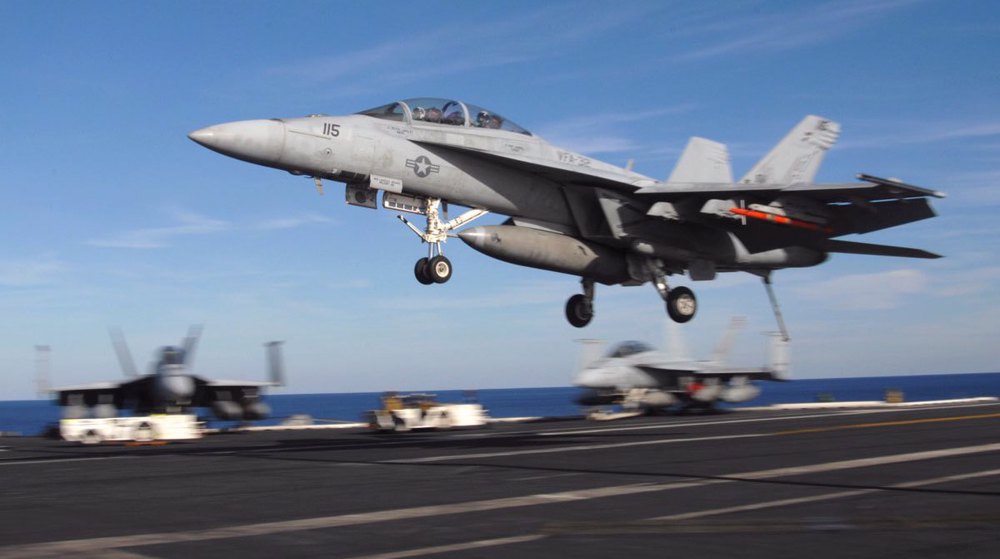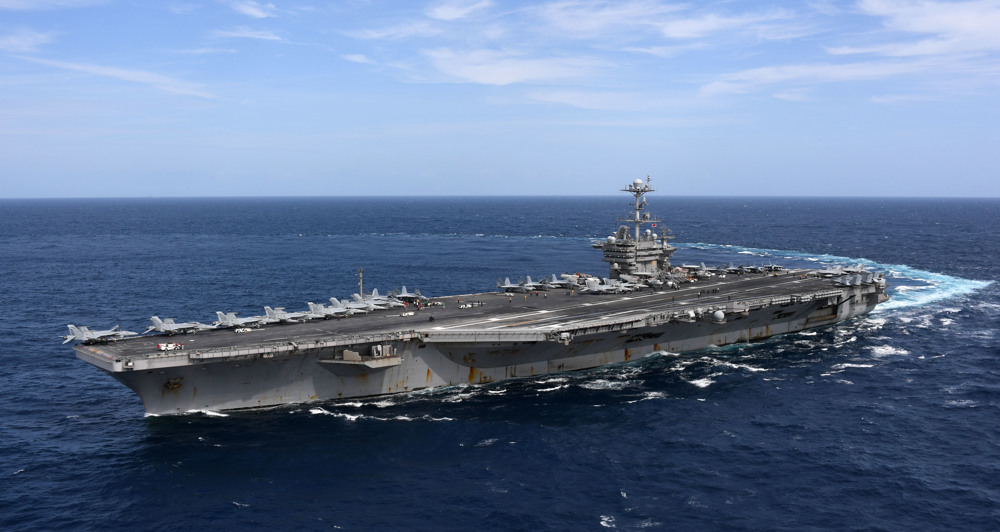Proposed US military buildup in Guam outrages locals
The US is proposing to bring an additional 5,000 marines to the Western Pacific island of Guam, which is already 28 percent occupied by the US military.
The move will add to the increasing tensions between the US personnel and the residents.
Human rights attorney, Julian Aguon, likened the US presence on the island to that of colonization.
“The story of militarization on Guam is inseparable from the story of colonization,” Aguon said from Guam’s capital, Hagåtña.
He went on to explain the tense impact US personnel have on the ground, saying, “Honestly, it’s hard to respond to the question of how the military impacts people on Guam because it’s way too big. The military-industrial complex is in full swing here.”
The new plans are thought to commence in 2022. Six thousand US military personnel are currently stationed on the island, and the new proposed 5,000 marines (two-thirds on a rotational basis) and another 1,300 dependents would nearly double their presence.
The planned US marine redeployment in Guam is thought to help reduce tensions on the Japanese island of Okinawa, where more than half of the 47,000 US military forces in Japan are stationed. In June, some 65,000 protesters called for the closure of US bases on the Japanese island.
The US territory of Guam in the northwestern Pacific Ocean also holds strategic geo-political importance. The US Navy has been operating in the disputed South China Sea, despite rising tensions with China.
The United States, too, has moved to step up its military cooperation with other allies in the region.
The presence of the US in the region has upset regional powers such as China and Russia, which say such extra-regional presence serves to inflame tensions among regional countries.
In the disputes revolving around the South China Sea, the US has sided with China’s rival claimants.
Beijing claims almost all of the South China Sea, which is also claimed in part by Taiwan, Brunei, Vietnam, Malaysia and the Philippines. The contested waters are rich in oil and gas.
Iran reports further drop in annual inflation rate in December
Israel indicts two settlers over suspected spying for Hezbollah
Iran: US airstrikes on Yemen war crimes, violation of international law
Yemeni armed forces down F-18 fighter jet, repel US-UK attack: Spokesman
Iran warns against US-Israeli plot to weaken Muslims, dominate region
VIDEO | Public uproar in US against Israeli regime
‘Ghost town’: 70% of Jabalia buildings destroyed by Israel
Mother’s Day: Sareh Javanmardi’s inspiring journey as Paralympic champion and mother










 This makes it easy to access the Press TV website
This makes it easy to access the Press TV website